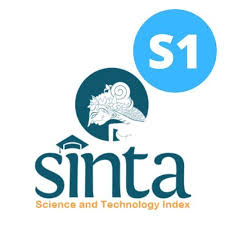SERIANTHES Benth. (Leguminosae-Mimosoideae-Ingeae)
Abstract
The genus Serianthes was erected by Bentham to accomodate plants which Wallich had called Inga grandiflora, from Singapore, and those which Bertero had called Acacia myriadenia, from Tahiti. It has been accepted from the first, as it is amply distinct from Acacia and reasonably so from Inga. though it is usually placed in the tribe Ingeae. Serianthes is widespread in the southwest Pacific, usually, though not always, occurring on islands, frequently on calcareous or serpentine rocks or their derived soils. It is seldom abundant, though in places common. In habit it varies from a dwarf tree or large shrub to a forest giant. It is reported to be an excellent timber tree, but seems nowhere to be abundant enough to be important commercially. Since Bentham's original description in 1844, eleven additional species and one variety have been ascribed to it in addition to the original S. grandiflora. Three of these do not belong in Serianthes. Most of the specimens in herbaria, excepting those called S. grandiflora, have been misidentified, usually being placed in S. myriadenia. Although I first saw this genus growing and collected it in Raivavae and Rurutu in 1934, my interest in it was aroused by failure, in 1950, to find a satisfactory disposition for specimens collected in Palau, similar to those that Kanehira had referred to S. grandiflora, which they clearly were not. The more I tried to make sense of the herbarium material available in a number of herbaria the more frustrating the problem became. Notes were accumulated in a most haphazard and unsystematic manner, as I had no intention of doing more than identifying my Micronesian material. Finally it became evident that over half of the entities discernible in the material examined were undescribed, and I felt a certain obligation to work up at least a synopsis of the genus.
Keywords
SERIANTHES Benth. (Leguminosae-Mimosoideae-Ingeae)
Full Text:
PDFRefbacks
- There are currently no refbacks.









